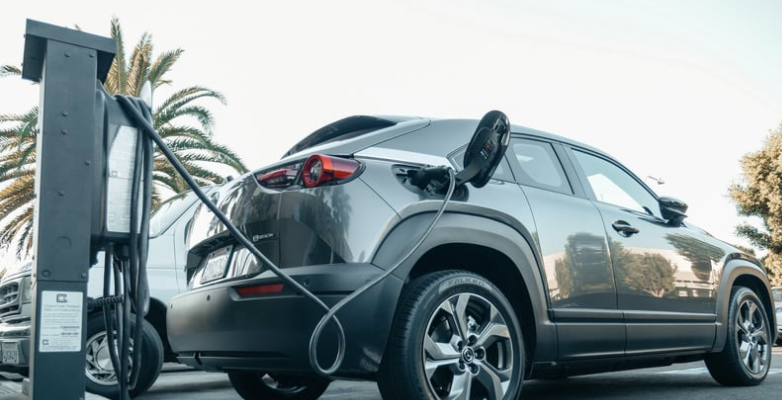
The Rise of Electric Cars – What It Means for Drivers?
The future is certainly electric, following the continuing rise of the electric car across the world. It’s no secret that the eco-friendly phenomenon has disrupted the automotive industry.
We’ll be looking at the rise of electric cars and what this means for the everyday driver.
What are the advantages and disadvantages?

The electric car is growing in popularity by the day, but it certainly has its benefits and drawbacks.
Electric cars are energy efficient and help to reduce emissions. Reducing your carbon footprint and fuel use is a significant advantage, especially for the environment.
These vehicles also perform extremely well and require very little maintenance. Their motors are smooth and quiet – they don’t have an internal combustion engine and, therefore, won’t require any regular oil changes. According to the Environmental Protection Act, this makes the EV in Company Car Scheme.
The electric motors are super responsive, and the vehicle’s charging technology is incredibly modern – charging stations can now provide options such as controlled charging from a mobile app.
Despite the great benefits, there are a few disadvantages to owning an electric vehicle. For instance, they can travel less distance compared to your average fuel-powered car, so this may be an issue if you regularly drive long-distance journeys.
When it comes to charging an electric car, this can be incredibly time-consuming. Fully recharging your car can take up to eight hours on average, and even the faster charging points can take around 30 minutes to charge up to 80% capacity. This means your journey will have to be planned carefully, ensuring you don’t get caught out waiting around at every stop.
Electric car insurance options

Some third-party insurance providers offer special discounts for electric cars, while others charge higher premiums due to the replacement of damaged parts being more expensive than the average vehicle.
GAP insurance refers to Guaranteed Asset Protection and covers a total loss payout and the value of the vehicle in the event of an accident. Many insurers will only pay out in line with the vehicle’s current value during the accident rather than the amount the car was worth at the time of purchase.
Mercedes GAP insurance can be used for electric vehicles, as these tend to depreciate faster than traditional cars. That way, you will be covered for the difference between the purchase price and the value of when the car was declared a total loss.
What’s best for me?
Electric vehicles are slowly dominating the automotive industry and have become increasingly popular as technology continues to improve.
With the upcoming changes and production end of fuel-powered cars in the next decade, it’s time to start thinking about switching to EVs.





